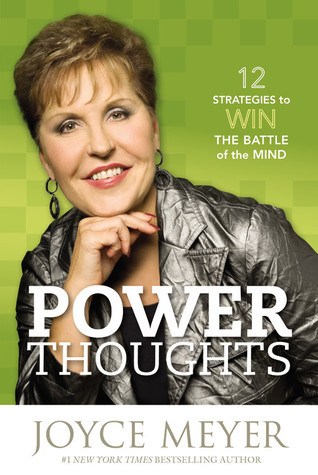
13 Things Mentally Strong People Don't Do: Take Back Your Power, Embrace Change, Face Your Fears, and Train Your Brain for Happiness and Success
Book Description
Imagine unlocking the hidden barriers that cage your mind and discovering the transformative power of mental strength. In "13 Things Mentally Strong People Don't Do," Amy Morin reveals the habits that keep so many tethered to fear and self-doubt. With gripping insights and practical strategies, she guides you through a journey of self-discovery, empowerment, and resilience. Each chapter unearths a new layer of understanding, challenging you to confront the mental traps that stifle your happiness and success. Can you break free from the patterns that hold you back and redefine your life?
Quick Book Summary
"13 Things Mentally Strong People Don't Do" by Amy Morin is a transformative self-help guide that explores the subtle yet powerful habits that hinder personal growth. Through a deep dive into common pitfalls like dwelling on the past, fearing change, and seeking approval, Morin delivers actionable advice for building resilience and reclaiming personal power. Drawing upon her experiences as a therapist and her personal challenges, Morin distills mental strength into practical strategies anyone can cultivate. The book doesn't just highlight what to do; it focuses on what to avoid in order to foster a healthier mindset. Readers are empowered to embrace change, face fears, and live authentically by breaking free from self-imposed limitations and learning to manage emotions, thoughts, and behaviors with purpose.
Summary of Key Ideas
Table of Contents
Letting Go of Self-Limiting Beliefs
Amy Morin’s book emphasizes that developing mental strength is as much about removing destructive habits as it is about adopting new ones. Morin identifies thirteen specific things that mentally strong people purposefully avoid, such as feeling sorry for themselves, fearing change, or worrying about pleasing everyone. These behaviors sabotage personal growth and happiness by keeping individuals stuck in negative patterns. By recognizing and consciously eliminating these mental traps, readers can start to regain control over their emotional and cognitive lives.
Embracing Emotional Responsibility
A central theme is understanding and challenging self-limiting beliefs. Morin encourages readers to become aware of harmful thought patterns, like believing they have no control over their circumstances or that setbacks define their worth. She provides practical tools, such as journaling and reframing negative thoughts, to help individuals rewrite their internal narratives. By fostering greater awareness of how we interpret events, we open ourselves up to opportunity, learning, and improvement instead of defeat.
Developing Resilience Through Adversity
Morin also stresses the value of embracing responsibility for our emotions and choices. Mentally strong people don’t blame others for their feelings, nor do they let situations dictate their happiness. She outlines strategies for managing emotional responses—such as mindful breathing and positive self-talk—to make more intentional decisions. The book illustrates how letting go of grievances and forgiving past wrongs can release significant mental and emotional energy, freeing people to focus on goals that align with their values.
The Importance of Taking Constructive Action
Resilience emerges as a fundamental pillar throughout the book. Morin explains that setbacks, failures, and losses are inevitable, but how one responds distinguishes the mentally strong. She draws on research and real-life examples to show that resilience is fostered by facing fears, setting healthy boundaries, and viewing difficulties as opportunities for growth. The book’s practical exercises encourage readers to step gradually outside their comfort zones, building their capacity to deal with adversity over time.
Lastly, Morin highlights the necessity of constructive action. Mentally strong people move forward instead of wallowing in regret or indecision. The book advocates for proactive behaviors like goal setting, problem solving, and assertive communication. By focusing on actions within your control, Morin illustrates how individuals can transform their outlook and outcomes. Through these lessons, she offers a blueprint for achieving more happiness and success while maintaining psychological well-being.
Download This Summary
Get a free PDF of this summary instantly — no email required.





